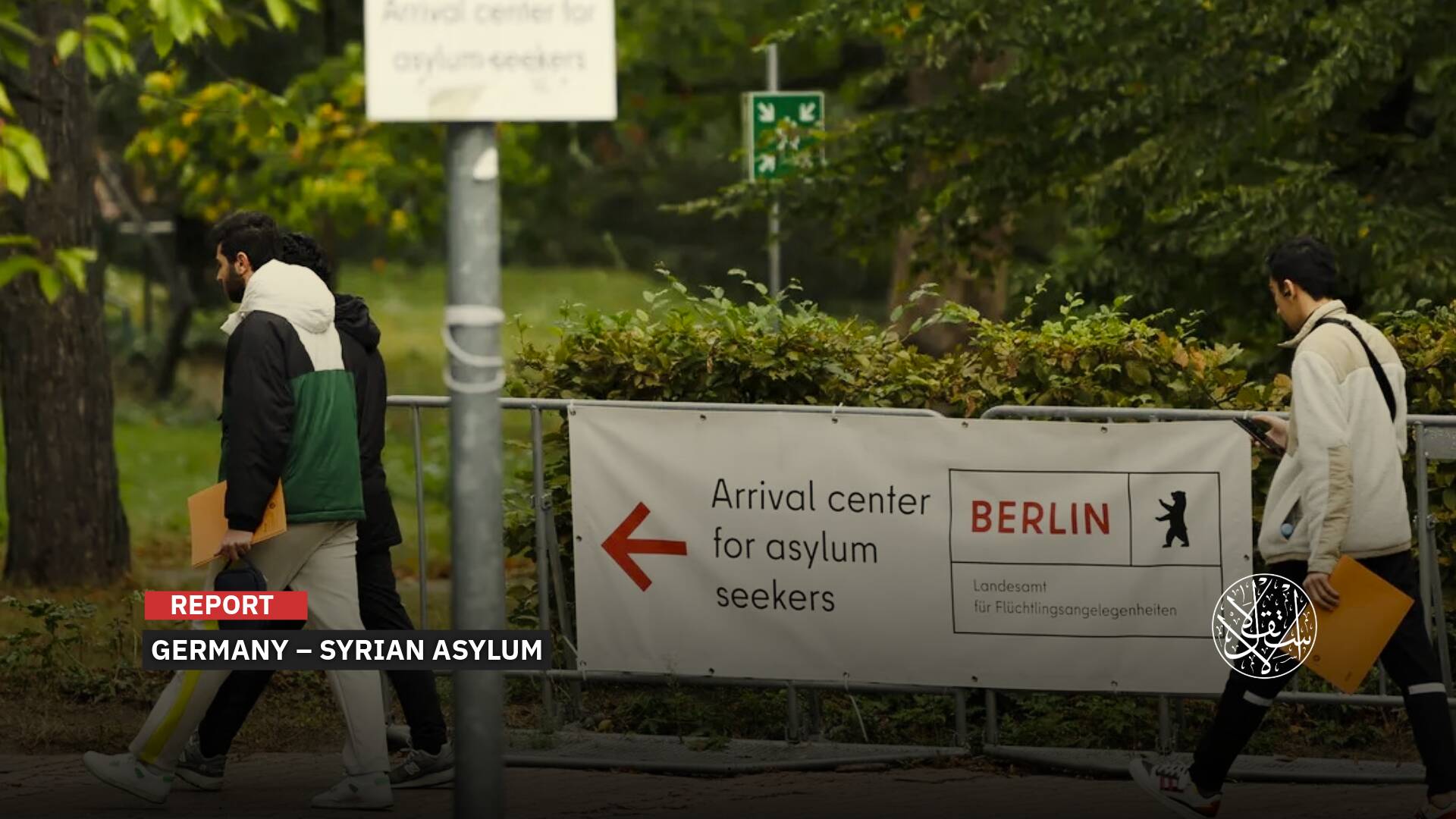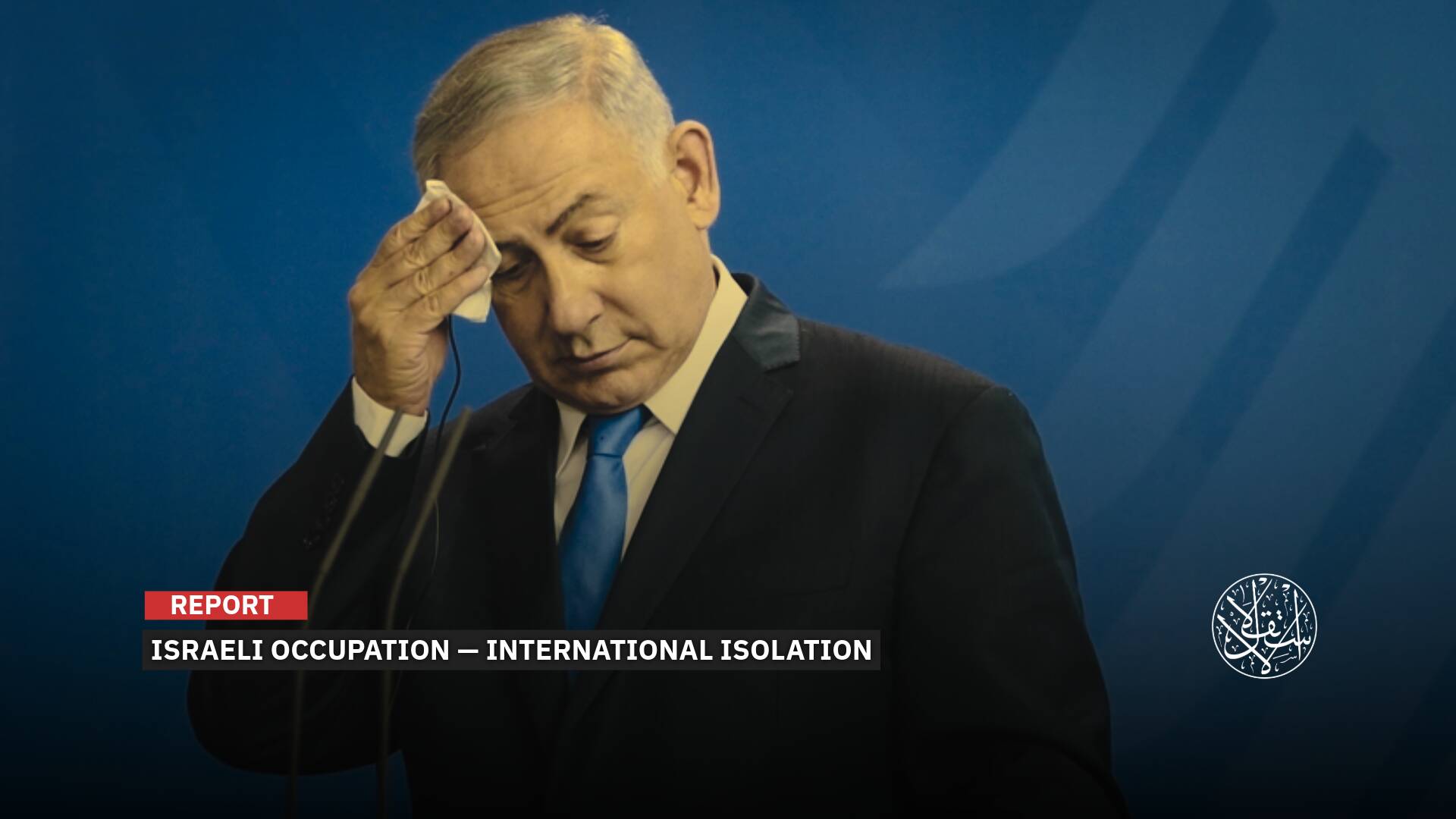Why Is Christian Religiosity Declining in the United States Amid the Rapid Growth of Islam Around the World?

According to a study published by the US-based Pew Research Center, nearly a third of the society in the United States of America is without religious affiliation, strengthening the numbers that indicate that many are leaving the Christian denominations in the country in particular.
In turn, press reports attributed the reasons for the decline in church religiosity in the United States to the high levels of mistrust in religious institutions and organized religious groups, given the many scandals that have hit it recently, such as financial corruption and sexual abuse of minors.
While another study conducted by the same research center predicted that by 2060, the number of Muslims will almost equal the number of Christians around the world, for the first time in history, if current population growth rates continue as they are today.
Religious Affiliation
A new study conducted by the Pew Research Center in the USA and published in mid-December 2021 revealed that “3 out of 10 American adults say they are without a religious affiliation.”
“The number of adults who say they pray every day and see religious belief as very important in their lives has steadily decreased over the years,” the study also showed.
“The past ten years have seen a decrease in the percentage of those who identify themselves as Christians from 75% to 63%,” according to the published results.
“The non-religious segment (atheists) of Americans increased by 6% compared to 5 years ago, and by 10% compared to 10 years ago,” according to the study.
These numbers and data have prompted many researchers to ask: Why do Americans leave Christian denominations?
The Washington Post quoted political science professor and American pastor Ryan Berg who predicted that “within the next 30 years, the United States would not have a single dominant religion, especially in light of the rapid decline of Christianity.”
In its report, the newspaper also quoted the American researcher Tara Burton as saying that: “The decline in religiosity is due to two reasons, one of which is the high levels of mistrust in religious institutions and organized religious groups, including the Roman Catholic Church's sexual assault scandal and the powerful white evangelical alignment with former President Donald Trump.”
“The other reason is the growth of religious eclecticism (selecting separate ideas and beliefs from different religions) among millennials around the world. As the younger generations who have grown up on the Internet have a different kind of relationship with the information that is presented to them. Plus, they do not prioritize attending church as their parents or grandparents did,” Burton added.
Commenting on this subject, head of the Council of European Muslim (CEM), Samir Falah said in a statement to Al-Estiklal: “Western societies tend very quickly to reduce the importance of religious affiliation and make it a personal matter away from public life, and this is reflected in the Christian sects.”
“As a result, the phenomenon of separating religiosity from association with the church began to increase (meaning that you are a Christian without being involved in the church. For some, this may be a way to get rid of the church tax),” he added.
“The roles played by the churches of Christians today have become less convincing for their followers, in addition to the fact that news is circulating from time to time about financial corruption and sexual scandals for the priests of those churches,” Falah continued.
“This has prompted many to turn away from the Church, without necessarily leaving the Christian faith completely. Others may choose to go to the free churches, i.e. churches that have chosen not to be Catholic or Protestant,” head of the (CEM) said.
American Religiosity
Gallup polls (an American analytics and consulting company) have found a significant drop in confidence in organized religiosity, which decreased from 66% in the mid-1980s to 36% in the middle of 2019.
Other Gallup polls also revealed that 60% of Americans agree with the possibility of electing an atheist president, after 18% of them agreed with that in the late 1950s.
In addition, 53% of Americans now do not consider themselves as followers of a church or any organized religious denomination, this is the first time this has happened in nearly a century.
The distrust of Christian institutions and denominations is based on an aversion to financial corruption, fraud and embezzlement that plagued many of them, given their special status, their financial position is not tracked in the ways other civil institutions are scrutinized, according to Forbes.
In addition, a large percentage of Catholic Americans are moving away from their churches due to the sexual scandals and abuse of minors in them.
The most recent of which was the Associated Press investigation in October 2019, which revealed the presence of 1,700 priests and religious guides accused of sexual abuse of children at the head of their duties and without supervision or accountability.
All of what was previously mentioned are considered indicators that may indicate radical changes within the United States, which until recently was called the pious nation.
On the other hand, Joseph Blankholm, a professor at the University of California, Santa Barbara, says in his study under the title Atheism: “The Cold War in particular was an important watershed.”
“The 1950s was the most religious era in America ever. The Christianization of Americans was one of the tools of the Cold War in the face of atheistic communism,” he also said.
But over time, that double-think has subsided a bit. Currently, more than a quarter of Americans have no religious affiliation.
On its part, the Pew Research Center also revealed in its study that “the number of people without any religion, although increasing in the United States, will constitute a decreasing proportion of the world's total population over the next four decades.”
The study showed that most of the people who are not religiously affiliated today are highly concentrated in places with low fertility and an aging population, such as Europe, North America, China and Japan.
The Fastest Growing Religion
Islam, which is currently the world's fastest growing religion, will become the largest religion with a following by 2075, according to a study by the Pew Research Center.
The American study also predicted that by 2060, for the first time in history, the number of Muslims and the number of Christians around the world will be equal, and that is if the current population growth rates continue at the same pace.
The followers of each of the two religions will reach approximately 3 billion people.
It is noteworthy that in the year 2000 Christianity had the largest number of followers around the world, with about 2.1 billion people, while the number of Muslims at that time was only 1.2 billion people.
However, these statistics changed significantly during the year 2019. As the number of Muslims around the world reached about 1.8 billion people, while the number of Christians reached 2.3 billion people.
“The number of Muslims has doubled over the next four decades because their societies are more youthful and have more children than Christians, in addition to the migration of Muslims towards countries with a Christian majority,” the study explained.
The study also expected that Muslims would constitute 10% of the population of Europe, and 2% of the population of the United States.
It is noteworthy that Christianity has been, since its emergence more than two thousand years ago, as the most prevalent Abrahamic religion in the world.
However, according to Pew’s data, it will lose its position in favor of the Islamic religion during the next four decades.
In turn, Samir Falah, head of the (CEM), explained in a statement to Al-Estiklal that “the expectations and numbers has its scientific foundations, and the rate of births, childbearing and the numbers of immigrants play a major role in the growth of the number of Muslims in the world. However, what is overlooked by such expectations is that religion is not necessarily hereditary, but rather it is a decision and personal conviction above all.”
“In Western societies, where the space for ideological freedom is wide and the doors to influence are open, not everyone born to Muslim parents is necessarily Muslim, and not everyone who immigrated as a Muslim to the West will remain faithful to his religion. We say this through evidence from reality, without having accurate numbers that reflect the true size of these phenomena,” he added.
“In my opinion, in addition to numbers, the subject requires in-depth sociological studies to more accurately understand the phenomenon of religiosity in Western societies, quantity alone does not determine societal paths, but also needs quality,” Falah said.
“There is another dimension behind the publication of such numbers and expectations, which is the political use of them within Western societies. As many of the far-right and populist currents market such numbers and expectations to intimidate the Muslim presence, in Europe for example, this intimidation is an entry point for persuading their racist arguments against Muslim communities,” head of (CEM) noted.















